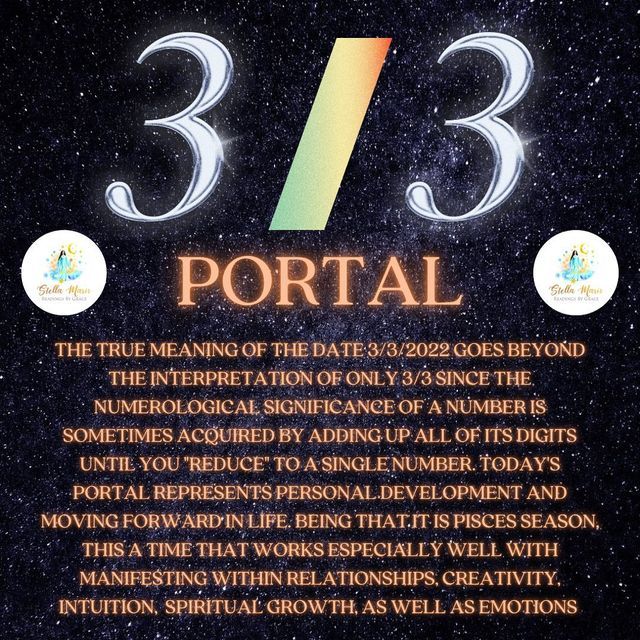
In recent years, the educational landscape has seen an unprecedented transformation, catalyzed by the integration of technology in teaching and learning processes. At the heart of this revolution is the Learning Management System (LMS), which has evolved from a simple eLearning portal to a comprehensive educational platform. The NextGen LMS is redefining the way educators teach and how students learn.
Traditional LMS platforms focused primarily on content delivery — teachers could upload course materials, assignments, and assessments while students logged in to access or submit work. However, as digital nativism continues to penetrate our classrooms, there’s an increasing need for a more holistic approach. NextGen LMS platforms meet this demand by offering more than just a repository for educational content; they are immersive learning environments that cater to various pedagogical methodologies and learning preferences.
The contemporary LMS is centered around fostering collaboration, engagement, and personalization. It provides tools that support synchronous and asynchronous communication such as forums, chats, video conferencing, and social media-like features enabling students to collaborate on projects from anywhere in the world. Educators can tailor their instruction with adaptive learning paths that adjust content based on an individual student’s performance and preferences.
Analytics is another pillar upon which the NextGen LMS stands. Advanced analytics capabilities enable educators to track student progress through detailed reports and dashboards, providing insights into how students interact with course materials. These insights allow educators to intervene promptly to help at-risk students and fine-tune their teaching techniques.
Gamification is also being weaved into modern LMSs, making learning fun by integrating game design elements into coursework. This strategy increases motivation and engagement among learners by providing rewards and recognition for achievement.
Moreover, interoperability has taken center stage. NextGen LMSs are designed to work flawlessly with various third-party applications and software, ensuring a seamless user experience across different platforms. This integration allows for a greater range of functionalities within the system – from plagiarism detection tools to advanced content creation software.
As we look towards the future of education, NextGen LMSs are not only servicing academic institutions but acting as continuous learning facilitators for organizations globally. They are becoming instrumental in employee training, professional development, and helping individuals acquire new skills throughout their careers.
In conclusion, what sets apart the NextGen LMS from its predecessors is not just features but philosophy; it is designed as an evolving educational ecosystem rather than a static online portal. By incorporating diverse teaching strategies and technological advancements into its fabric, it promises an enriched learning experience tailored for the digital age – making education accessible, engaging, and effective for everyone involved.
